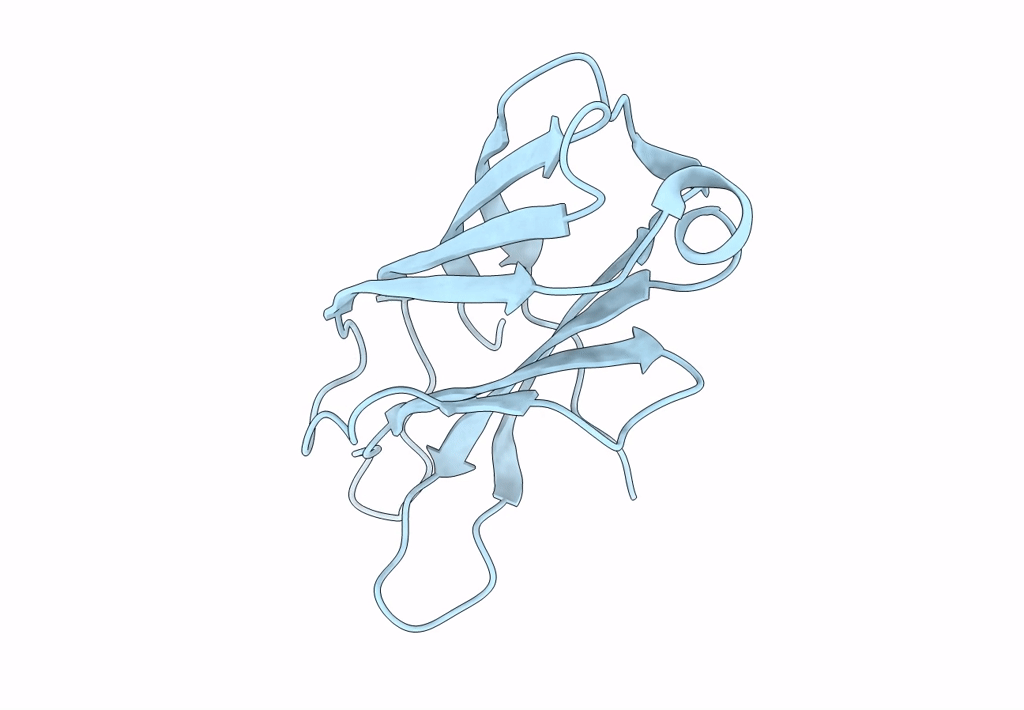
Deposition Date
2022-11-26
Release Date
2023-07-19
Last Version Date
2024-05-22
Entry Detail
PDB ID:
8FAF
Keywords:
Title:
Unedited Octopus bimaculoides Synaptotagmin 1 C2A at room temperature
Biological Source:
Source Organism(s):
Octopus bimaculoides (Taxon ID: 37653)
Expression System(s):
Method Details:
Experimental Method:
Resolution:
1.85 Å
R-Value Free:
0.22
R-Value Work:
0.18
R-Value Observed:
0.18
Space Group:
P 21 21 21


